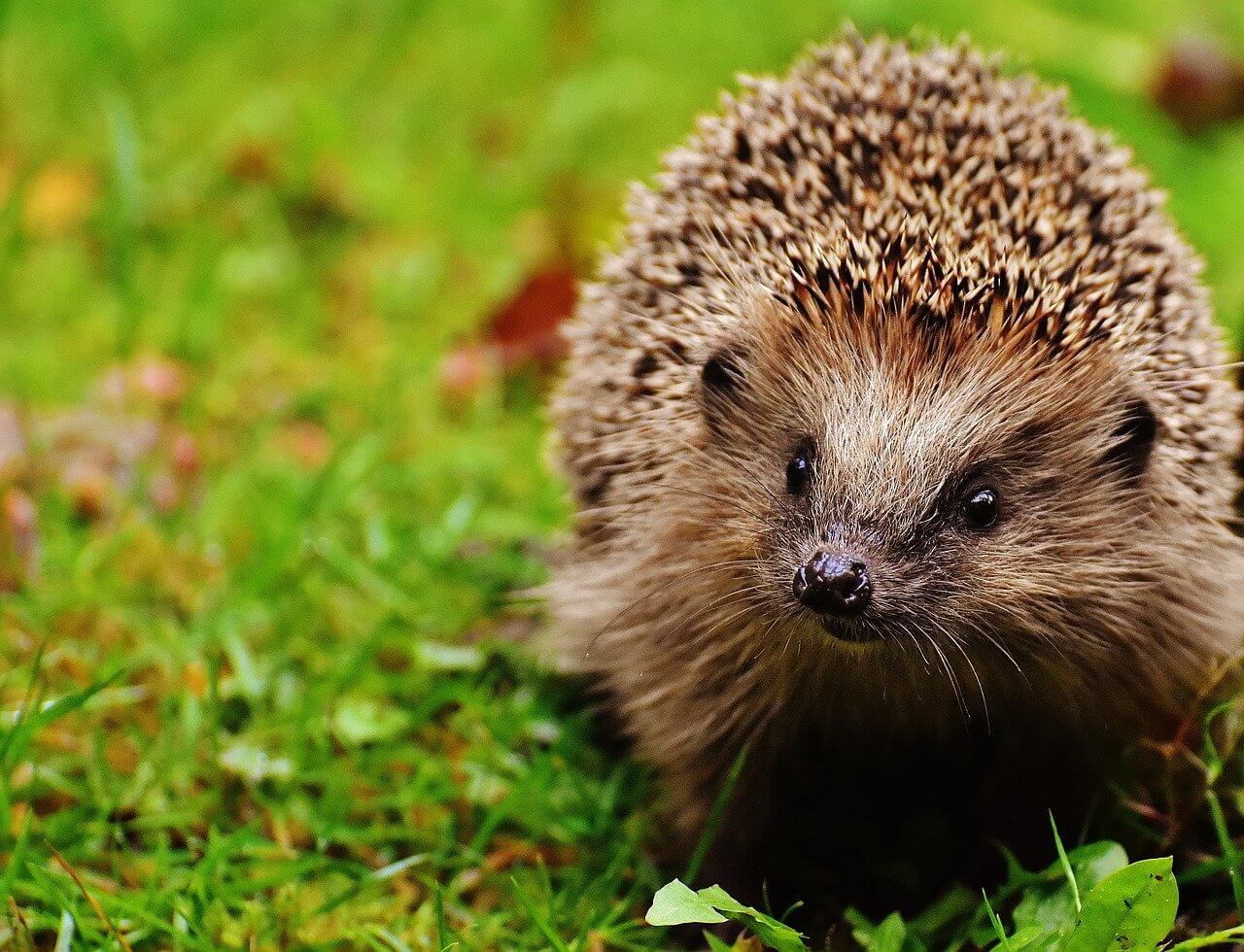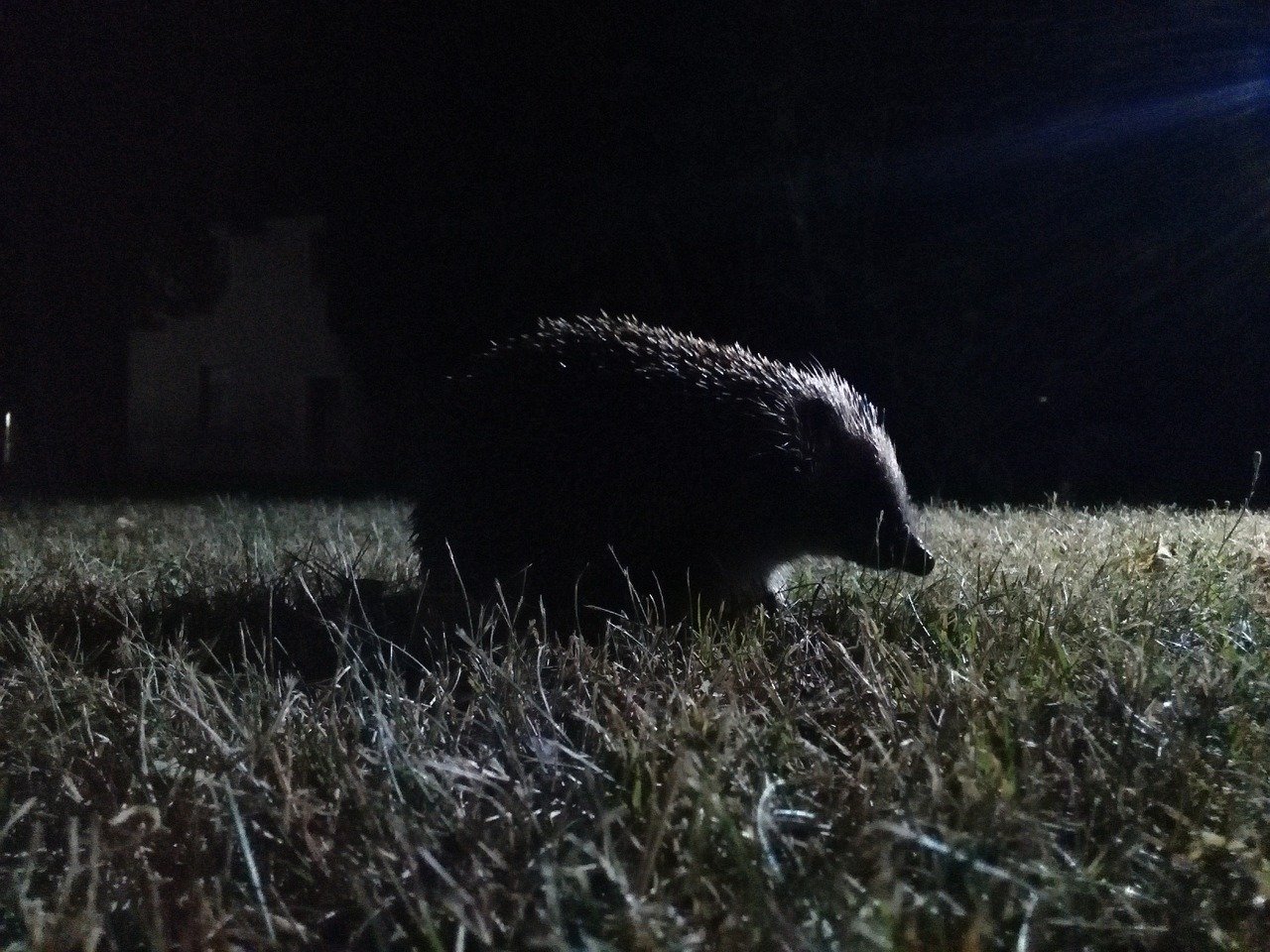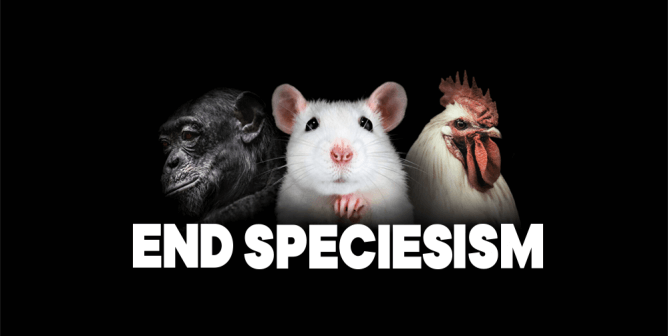Here’s Why You Should Never Buy a Hedgehog
Hedgehogs, like all other small animals, are complex and unique individuals who require a lifetime of special care, food, and supplies. So before you go looking online for a hedgehog because you love Sega’s classic blue guy and want to buy your own Sonic on a whim, read on to find out why a hedgehog is anything but an ideal “pet.”
Hedgehogs are solitary animals who don’t want to interact with humans.
The most common type of hedgehogs purchased as “pets” are hybrids commonly known as African pygmy hedgehogs. But these animals are only a few generations from their natural-living cousins. To call them “domesticated” is truly stretching the truth. And many hedgehogs die or are abandoned by the people who purchased them when the novelty wears off.

Every hedgehog has a unique personality, but most aren’t interested in human affection. Caretakers note that it takes a lot of time and effort to get a hedgehog to tolerate being held. Like porcupines, hedgehogs have sharp, prickly quills that they use to fend off predators. When they feel anxious or threatened, these spikes stand up in all directions, making the animals difficult to handle.
Many hedgehogs have a “self-anointing” habit: They contort and smear their own frothy saliva all over their bodies. Some humans may find this repulsive, but it’s just another sign that we have no business trying to handle these sensitive individuals.
Hedgehogs are docile and nocturnal, which makes them impractical for light sleepers, folks who are out until the wee hours, or children hoping for a playful companion. When hedgehogs feel threatened, they roll themselves into a tight ball and can easily become injured if a human—or a dog or cat—tries to uncurl them.
Some regions have banned the practice of keeping hedgehogs, as some carry the highly contagious foot-and-mouth disease. They can also transmit salmonella bacteria as well as viral and fungal diseases, and their sharp spines can puncture skin and cause infections.
Buying a hedgehog supports the deadly “pocket pet” trade.
Hedgehogs aren’t native to North America, but that hasn’t stopped the notorious pet trade from profiting from this exploited species. Although their small size may make them look cute and cuddly, “pocket pets” are wild animals who have very specific needs that the average person can’t meet.

When people succumb to the temptation to purchase exotic animals such as hedgehogs from stores, auctions, or the internet in order to keep them in their home, it often leads to pain and death for these animals. Hedgehogs can easily suffer from malnutrition and the overwhelming stress of captivity in an unnatural and uncomfortable environment.
PETA has exposed breeding facilities keeping hundreds of suffering small animals in dank, filthy cages and bins. When Colorado state and local officials executed a warrant to investigate animal breeders Ken and Lynn Kubic, officials found dead hedgehogs in row after row of shelving units and stacks of tubs. Inspectors discovered more than 500 animals—including snakes and other reptiles, hedgehogs, and sugar gliders—in the Kubics’ basement, which reeked of urine and animal waste. One seasoned inspector called the situation “unbelievable.”
Hedgehogs’ needs aren’t met when they live in a cage.
Hedgehogs require specialized veterinary care that’s almost impossible to find locally and food that many caretakers aren’t prepared to offer. Despite claims made by breeders and sellers, much is still unknown about these animals’ natural behavior, optimal diet, and needs in terms of their environment in order to be happy.

However, we do know that in nature, hedgehogs can explore several miles in a single night. Living inside a cage with maybe a wheel to run on pales in comparison to having the freedom of chasing crickets in grasslands or foraging in the vast savannah.

Keeping a hedgehog may be illegal or restricted in your area.
It’s currently illegal to own a hedgehog in California; Georgia; Hawaii; New York City; Omaha, Nebraska; and Washington, D.C. Other states and cities may have specific restrictions or require a permit to keep one. It’s also illegal to transport hedgehogs out of Africa.
*****
Tell everyone you know: Hedgehogs are not “pets.” Never buy a hedgehog or any other animal. If you’re ready to open your heart and home to a companion animal, open-admission shelters are the first and best place to look. So many dogs, cats, rabbits, and other companion animals are just waiting for a good home. You can search by species on Petfinder.com to find adoptable animals near you.




